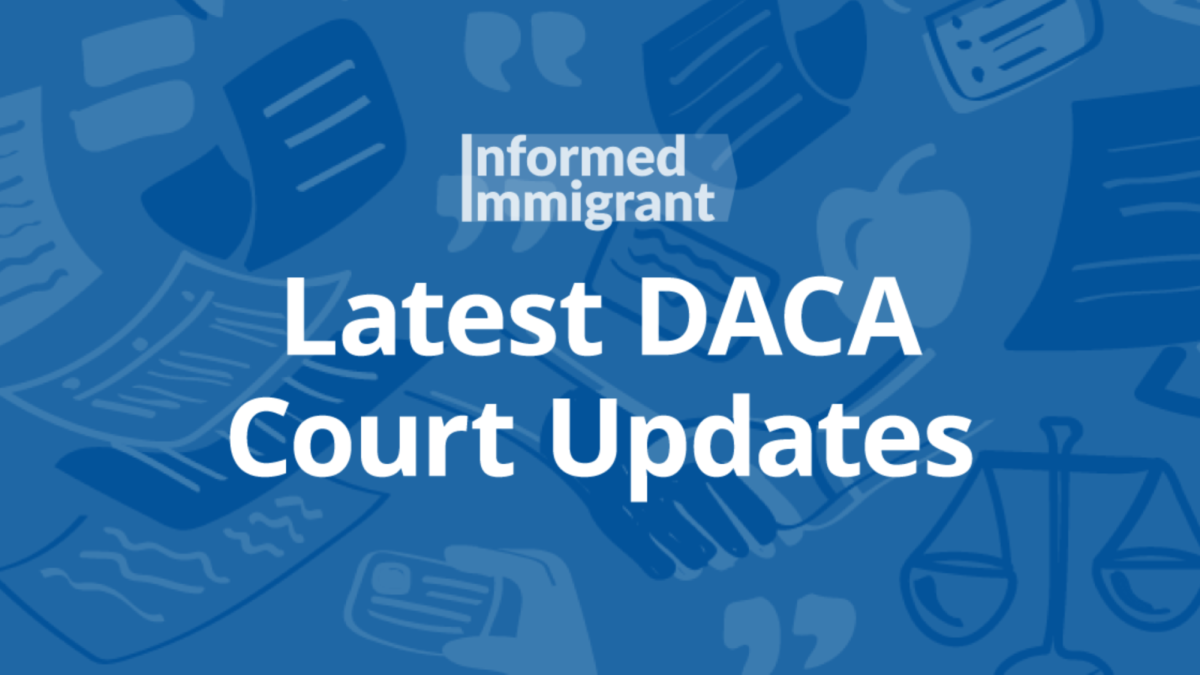Living in San Diego, renowned for its inflated cost of living, is already challenging. Now, recent hikes in immigration application fees have added another layer of burden, particularly for students navigating the complexities of immigration processes. The impact of these fee increases reverberates deeply, threatening to hamper educational pursuits and exacerbate financial strain.
The recent adjustments by the United States Citizenship and Immigration Services (USCIS) have raised eyebrows and concerns among immigrant communities, particularly those reliant on programs like Deferred Action for Childhood Arrivals (DACA). With each form now bearing a heavier price tag, the path to legal status becomes increasingly inaccessible for many aspiring immigrants.
For DACA recipients, the fee for renewal remains unchanged. However, the additional requirement of submitting Form I-765 raises the financial burden. These costs, coupled with the stringent denial of fee waivers for DACA applications, paint a grim picture for those already struggling to make ends meet.
In a region like San Diego, where the cost of living consistently ranks among the highest nationwide, these fee hikes exacerbate existing financial pressures. Students, often juggling academics with part-time jobs, find themselves caught in a precarious balancing act. The dream of higher education, once a beacon of hope, dims in the face of application expenses with many having to choose between school and work.
I would hope that such fee increases would lead to expediated processing times, providing a semblance of justification for the added fee increases. However, I do not believe this will be the case. The reality is that bureaucratic delays and inefficiencies often plague immigration proceedings, leaving applicants in limbo for months on end. Already I have seen multiple people who have sent their applications facing prolonged waits and uncertainty, with no clear timeline for resolution. These delays not only prolong the anxiety and uncertainty for applicants but also hinder their ability to plan for their future, whether it be pursuing education or employment opportunities, since our lives are put on hold until the process is completed. The system’s inefficiencies compound the financial strain caused by the fee increases, further exacerbating the challenges faced by immigrant communities, particularly students.
The recent fee increases underscore the urgent need for comprehensive immigration reform. Access to legal status should not be contingent upon one’s ability to foot exorbitant bills. In the midst of these challenges, organizations like the Jewish Family Service (JFS) stand as beacons of support for immigrant students. Through initiatives like Higher Education Legal Services (HELS), JFS offers invaluable assistance in navigating the complexities of DACA renewals. Here are some insights from JFS:
Q. What are the fees for Deferred Action for Childhood Arrivals (DACA), and have they changed?
A: The new fee rule makes no changes to DACA, the validity period of approved DACA renewals, how often DACA must be renewed, Advance Parole, or any DACA-specific fees.
The fee for DACA Renewal has not changed and is still $85. However, DACA requestors are required to submit Form I-765, Application for Employment Authorization, with their DACA Renewal. The new fee for Form I-765 is $520 if filed by mail and $470 if filed online. There is no fee waiver available for the DACA Renewal or for the required Application for Employment Authorization.
MAKE SURE TO SUBMIT SEPARATE PAYMENTS FOR EACH APPLICATION FORM! USCIS no longer accepts a single check, money order, etc. for combined fees when a person is submitting multiple applications at once. For example, if filing for DACA, you must submit separate payments for the DACA Renewal Form I-821 D ($85) and for work authorization Form I-765 ($520 if filed by mail or $470 if filed online).
Q. Is there a difference in price between DACA Employment Authorization Document and non-DACA employment documents?
A. The fee for DACA-based EADs (C33) will be the same as the general fee for Form I-765: $520 if filed by mail and $470 if filed online. However, DACA applicants will not be able to request a fee waiver.
USCIS strongly encourages DACA recipients to submit DACA renewal requests between 120 and 150 days (4 to 5 months) before the expiration date (located on your current Form I-797 DACA approval notice). Filing during this window reduces the risk that your current period of DACA and employment authorization will expire before you receive a decision on your renewal request. For additional information on DACA, including the requirements for renewal, please visit uscis.gov/DACA. Another important reminder: starting June 3, 2024, USCIS will accept only the 04/01/24 form edition. Until then, you can also use the 10/31/22 edition. You can find the edition date at the bottom of the page on the form and instructions.
Higher Education Legal Services (HELS) provides FREE immigration legal services, including completing and submitting DACA Renewals for students, staff, faculty, recent alumni and even some family members. For making your free immigration appointment, click here to connect with HELS
https://www.jfssd.org/our-services/refugees-immigration/higher-education-legal-services/
SOURCES:
https://www.uscis.gov/forms/filing-fees/frequently-asked-questions-on-the-uscis-fee-rule https://www.cliniclegal.org/resources/fee-waivers-uscis/what-will-change-under-uscis-fee-schedule-final-rule https://www.ilrc.org/resources/new-uscis-fee-rule-update-uscis-filing-fees


